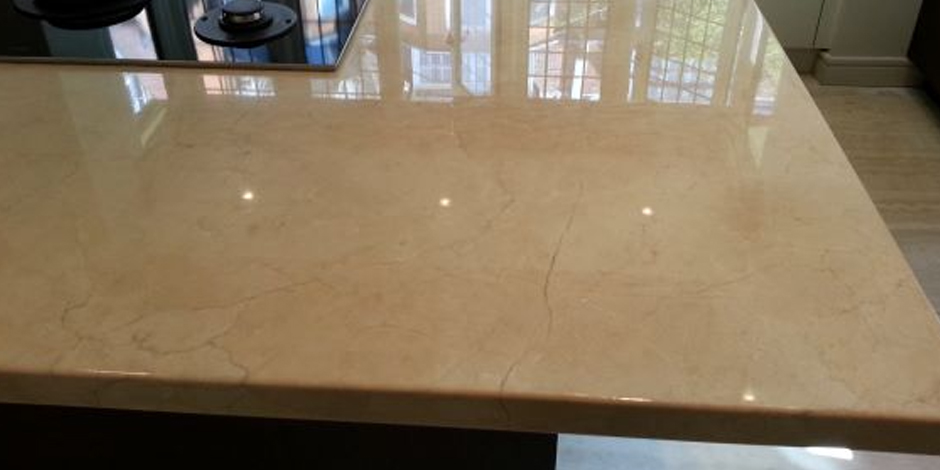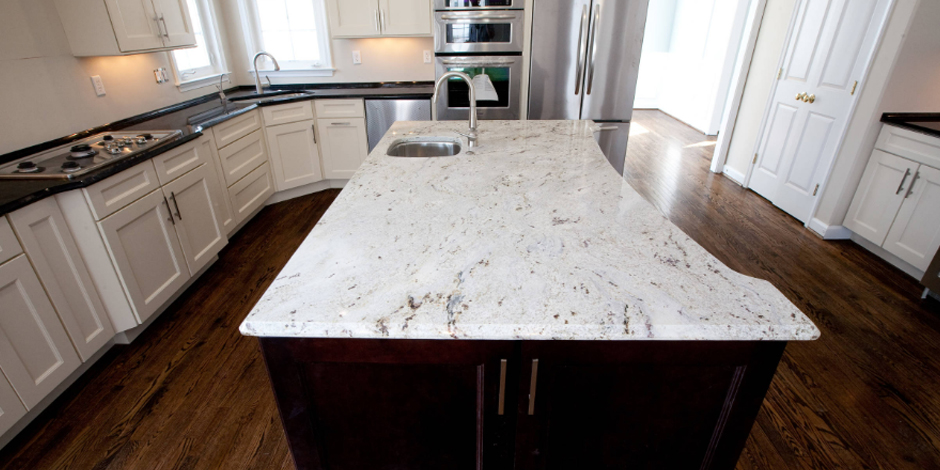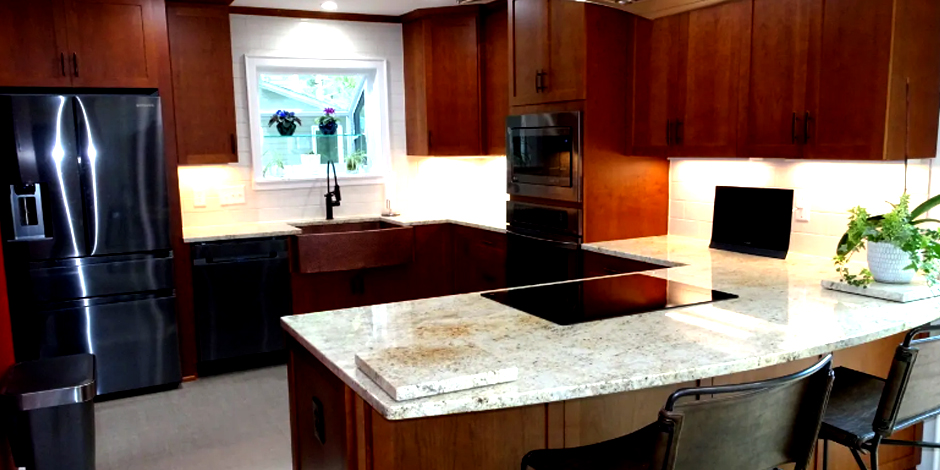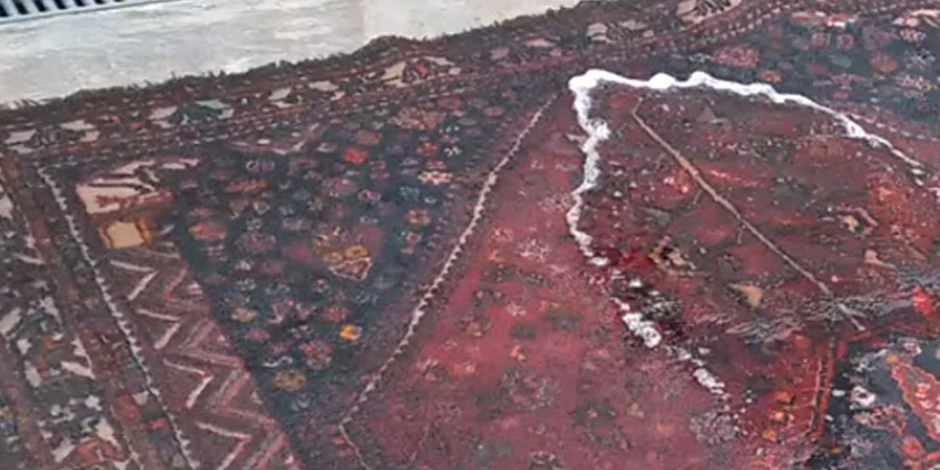What is Etching?
Etching is a phenomenon that occurs in calcium-based stones, such as marble, limestone, or travertine, due to a chemical reaction. When these stones come in contact with acidic substances, the calcium carbonate makeup of the stone is eroded, leaving behind dull spots known as “etches.” This is because the acid dissolves the calcium carbonate and damages the surface of the stone.
It is important to note that granite, which is not a calcium-based stone, does not etch under normal circumstances. However, even though granite is more resistant to etching, it can still be damaged by acidic substances if they are justify on the surface for a prolonged period.
Marble is a softer stone than granite, which makes it more susceptible to etching. Therefore, it is essential to take extra care when handling acidic substances around marble surfaces. If etching occurs, it can be difficult to remove and may require the services of a professional stone fabricator.
To prevent etching, it is essential to clean spills promptly and avoid exposing calcium-based stones to acidic substances. Additionally, using a high-quality sealing product can provide an extra layer of protection to the stone surface.

What is Staining
Staining is a common problem that can occur on all types of countertops, regardless of the materials used. Even though some materials are more resistant to staining than others, it is still important to take precautions to prevent staining from happening.
Granite and quartz are known for their superior resistance to staining due to their low porosity. Marble, on the other hand, is a porous stone and is more susceptible to staining. Therefore, it is important to take extra care when handling substances that can cause staining around marble surfaces.
Fortunately, most stains can be removed by a trained stone fabricator. To prevent staining, it is essential to clean up spills immediately, as they can quickly penetrate the surface of the stone and cause permanent staining. Additionally, using a high-quality sealing product like Dry-Treat can provide an extra layer of protection to the stone surface, making it more resistant to staining.
At Tri-state Countertop Repair, we are committed to providing the highest quality service to our customers. Our staff is trained and certified annually by a “Dry-Treat” sealing product expert, ensuring that we use the best practices to prevent staining and keep your countertops looking their best. If you have any questions or concerns about staining, please don’t hesitate to contact us.

Difference between Etching and Staining :
Etching and staining are both common issues that can occur on natural stone and engineered stone surfaces, such as granite and quartz countertops. However, they are two different types of damage caused by different substances.
Etching is the result of a chemical reaction between an acid and the calcium carbonate found in natural stone surfaces. For example, if lemon juice, vinegar, or other acidic substances come into contact with a marble or limestone countertop, they can cause the surface to become dull, light-colored, or even pitted in severe cases. Etching is often mistaken for staining, but it’s actually a physical change in the stone’s surface caused by the acid.
Staining, on the other hand, occurs when a substance penetrates the stone’s surface and leaves a visible mark. For example, if a spill of coffee, red wine, or other staining agents is justify to sit on a granite or quartz countertop, it can penetrate the surface and leave a discoloration. Stains can be oil-based or water-based, and they can be difficult to remove without professional help.
It’s important to note that etching and staining can be prevented with proper care and maintenance of natural and engineered stone surfaces. Avoid placing acidic substances on natural stone countertops, and clean up spills as soon as they occur to prevent them from penetrating the surface. Regular sealing and cleaning of your countertop can also help to protect against etching and staining.







 Content Writing
Content Writing Video Marketing
Video Marketing Graphic Design
Graphic Design Lead Magnet Creation
Lead Magnet Creation Content Marketing
Content Marketing